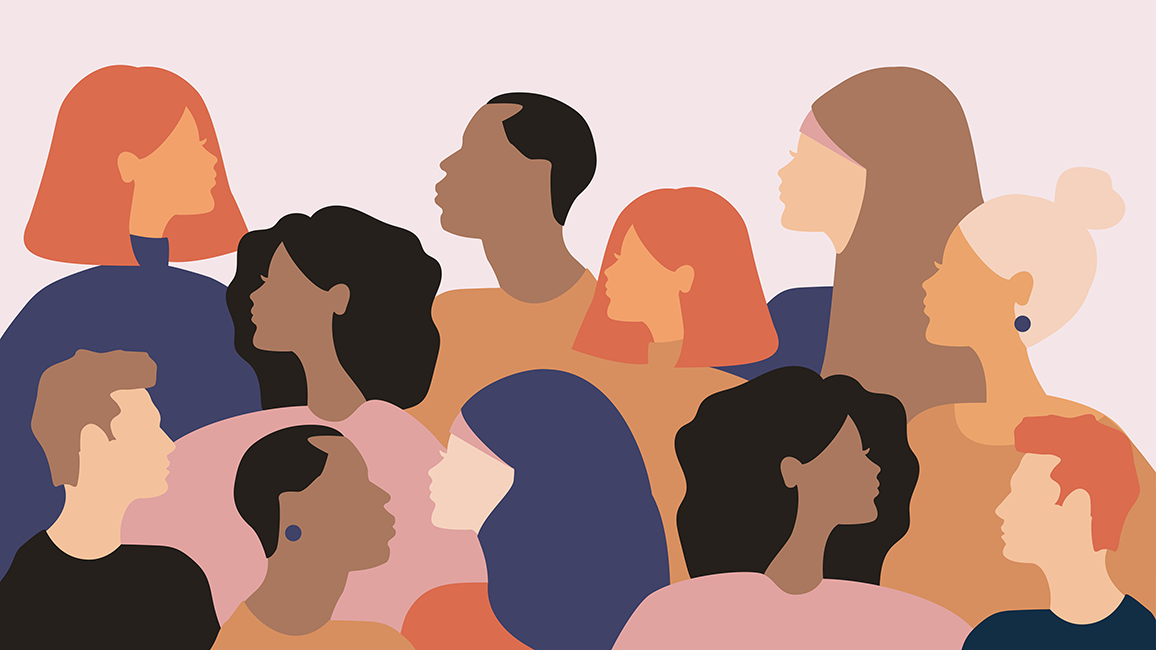Migration and integration
Since November 2017, various research projects funded by the Federal Ministry of Research, Technology and Space (BMFTR) have been looking into the sustainable effects of migration on our society.

annaspoka / stock.adobe.com
Since November 2017, various research projects funded by the Federal Ministry of Research, Technology and Space (BMFTR) have been looking into the sustainable effects of migration on our society.

annaspoka / stock.adobe.com
The cooperation project “Forced Migration and Refugee Studies: Networking and Knowledge Transfer” (FFVT) aims to strengthen interdisciplinary forced migration and refugee research in Germany. To this end, the project brings together research on migration, development, conflict and violence, climate change, health, governance and human rights and other topics. In this way, FFVT supports the networking of researchers and institutes working in all relevant research fields dealing with forced migration. To provide young academics with teaching and training opportunities in forced migration and refugee studies, it plans to establish study and graduate programmes. Furthermore, FFVT plans to promote the internationalisation of German research activities further and, therefore, offers a global fellowship programme, among other things. The dialogue between academia, practitioners, the media and politicians is another key element of its work. FFVT is to contribute to establishing a sustainable infrastructure for research on forced migration and refugee studies in Germany to facilitate excellent academic work in this field.